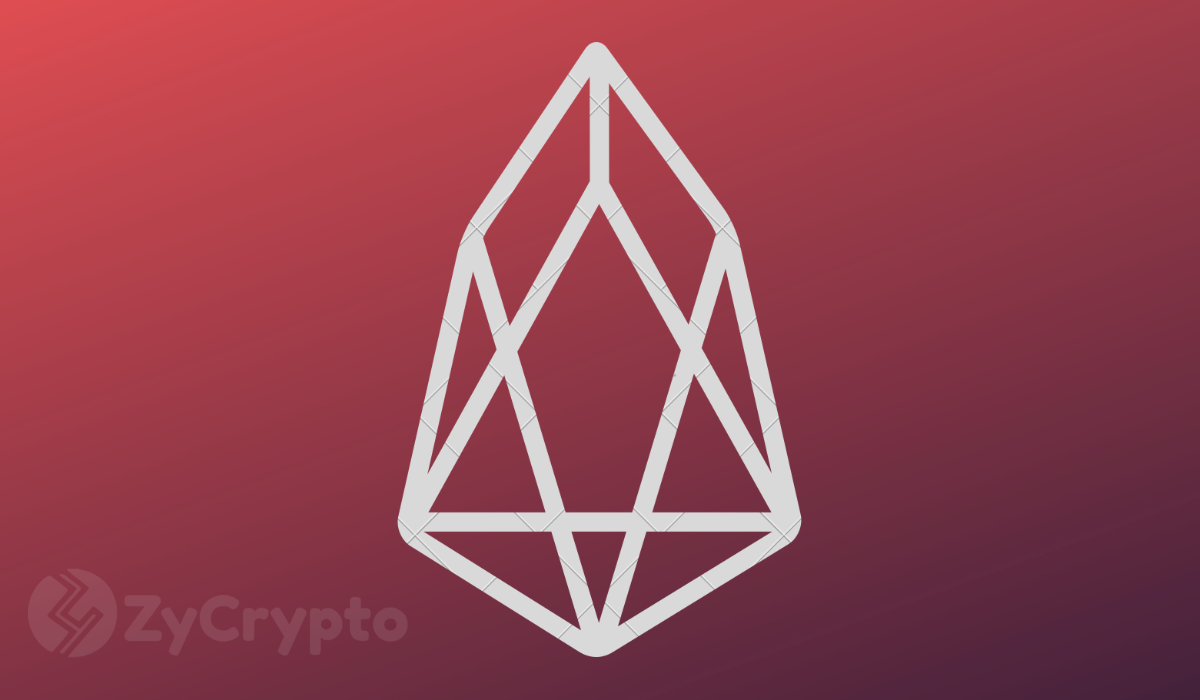Bitcoin, the number one cryptocurrency in the sector by market cap, almost always steals the spotlight from all the other altcoins. Since April, when the crypto market began to break out of the bear market that plagued it for months, Bitcoin initially began the surge and seemed to pull up all the other coins along with it and even now, with all the rises and drops, the asset is still atop everyone’s discussion lists. However, even with all the earlier noise Bitcoin had shared Weiss Ratings’ A grade for a while.
Some time ago, Weiss Ratings published a report titled “Dark Shadows with a Bright Future” and in this report, 120 different cryptocurrencies were graded and given scores according to their practical applications and base technology.
XRP, EOS, and Bitcoin all received “A” grades and were placed in first, second and third positions respectively. However, Weiss has now announced an EOS downgrade.
EOS Downgrade
In a tweet from the official Weiss Twitter account, the firm announced that it was downgrading EOS due to issues surrounding the project’s centralization. In the same announcement, Weiss pointed to ADA, suggesting that their own project could solve this problem with a properly decentralized blockchain.
The tweet said:
“EOS DOWNGRADE: #EOS has serious problems with centralization and their event last week did anything to alleviate that, so we’ve severely downgraded its technology score. It’s now up to #ADA to launch a truly decentralized #PoS #blockchain. No pressure.”
EOS Centralization Issues
For a while now, EOS has gotten a bad profile due to certain issues with its decentralization. EOS, for the most part, is great for DApps and is able to increase its scalability to process transactions in their millions, every second.
However it’s been said before that on the network, only a small number of miners, who are mostly chosen by the patrons and might include some of those patrons themselves, are able to run an EOS block mining node.
These producers reportedly earn hundreds of millions of dollars in a process that many consider being a bit of a con as all the earnings go to a small fraction of people. Also, reports show that more than 70% of all EOS tokens are owned by only 0.323% of addresses. Due to some of these issues, it’s become very difficult for anyone to defend EOS’ decentralization status.






